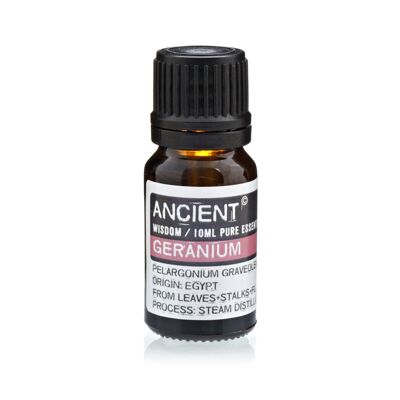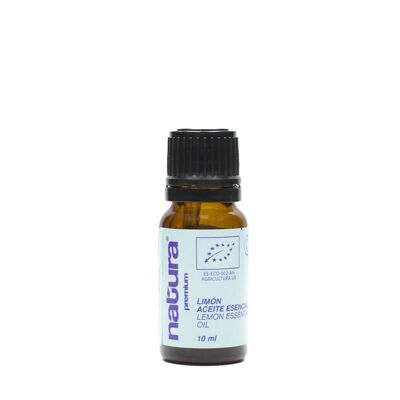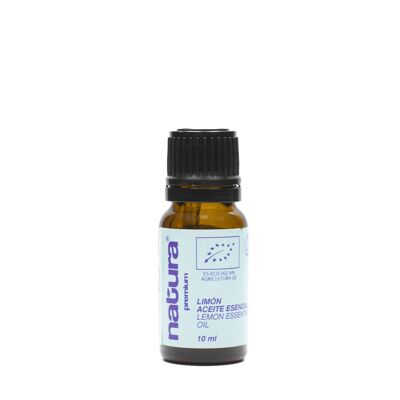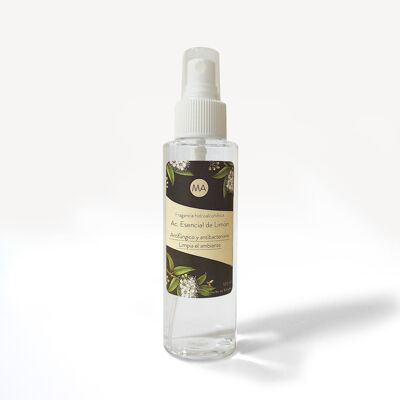


Latin Name: Citrus LimonPart of Plant Used: Fruit PeelOrigin: ItalyExtraction Method: Cold ExpressionLemon essential oil has a strong, fresh odor and is extracted from the peel of fresh lemon fruit by cold expression. This oil is refreshing to the mind and sharpens concentration, which is why it is often preferred in office and bank air fresheners. It is believed to help with rheumatism, arthritis, and gout. It has been used to cure skin problems such as abscesses, boils, carbuncles, and acne. Boosts the immune system and cleanses the body. When used in an oil burner (a few drops in water), lemon oil vapors are used for colds, laryngitis, headaches, and flu. Smelling the aroma is helpful for mental hiccups such as depression, irritation, stress, lethargy, and fatigue. Lift the spirits and clear the mind. When added to a bath or mixed with a massage oil, it is said to relieve digestive problems, low energy, tiredness, infections, obesity, rheumatism, depression, and stress. It is also used to help get rid of hangovers. The lemon plant is native to India and perhaps China, and was brought to Europe by Crusaders in the Middle Ages. Since the fruit has a good amount of vitamins A, B, and C, an ounce a day was given to sailors to prevent scurvy, eye problems, and other vitamin deficiencies. The first real lemon cultivation in Europe began in Genoa in the mid-15th century. Later it was introduced to America by Christopher Columbus. The Spanish conquests helped spread lemon seeds further. The lemon was mainly used as an ornament and as a medicine. It was only much later that it began to be used in the kitchen.

































